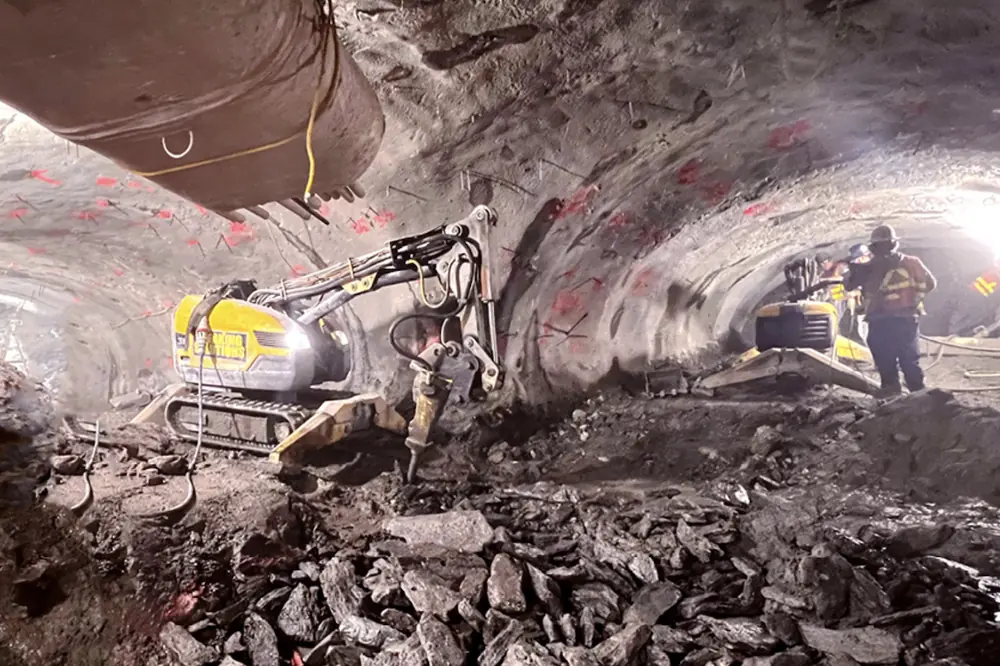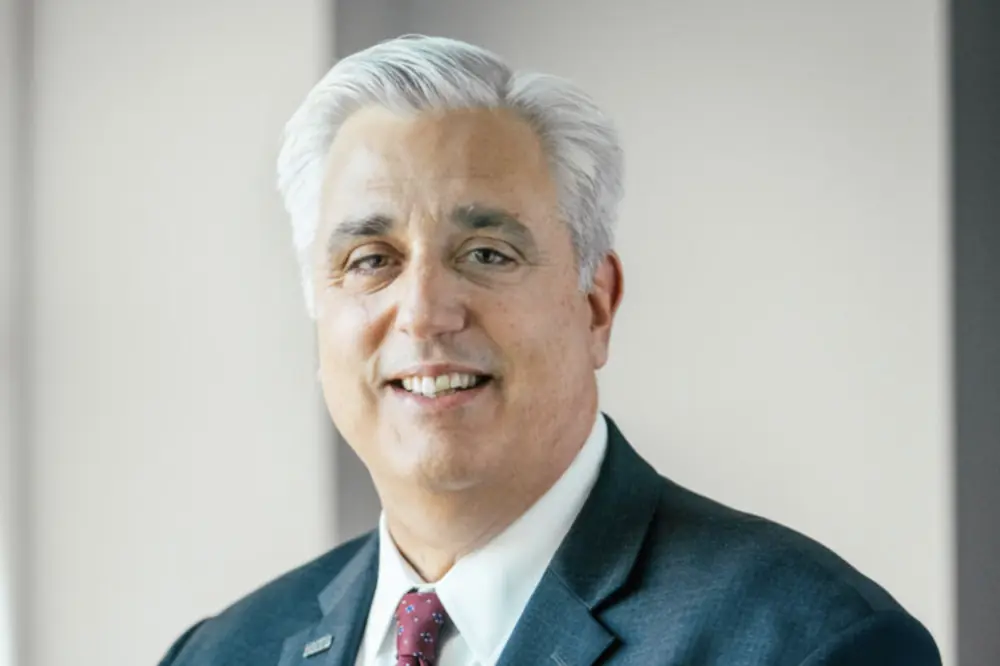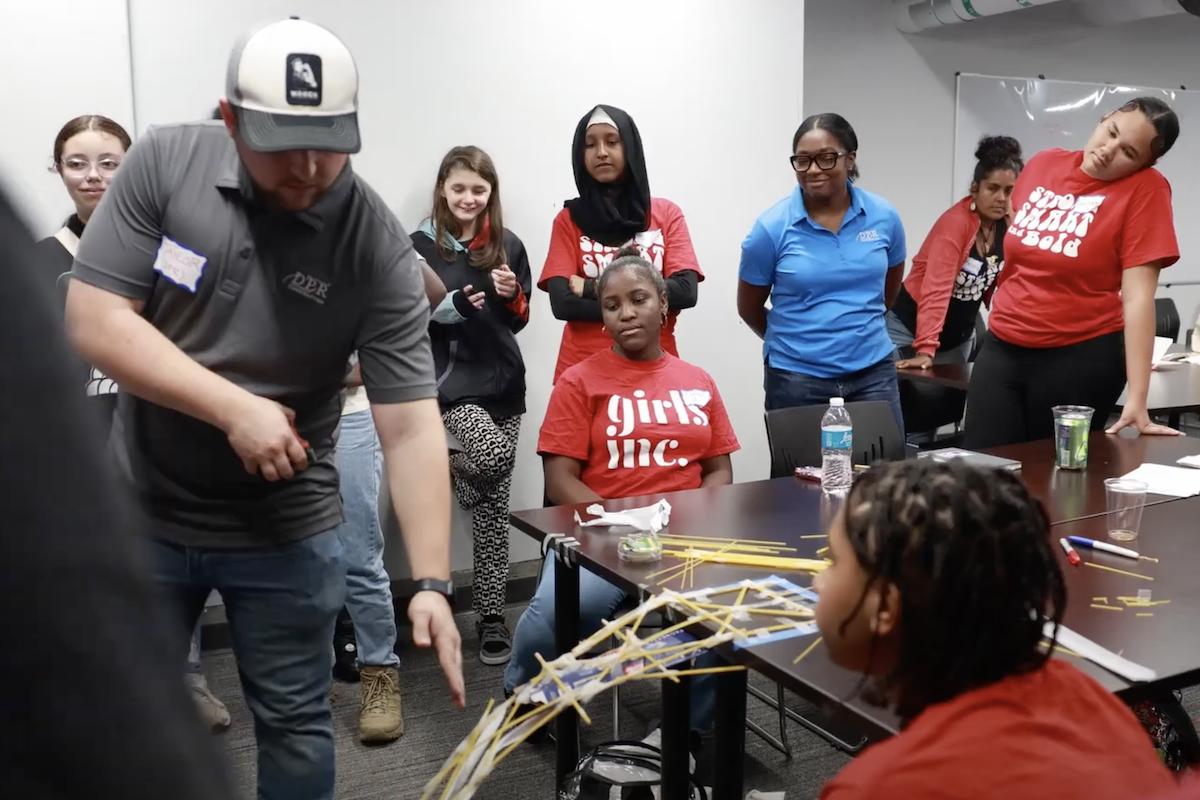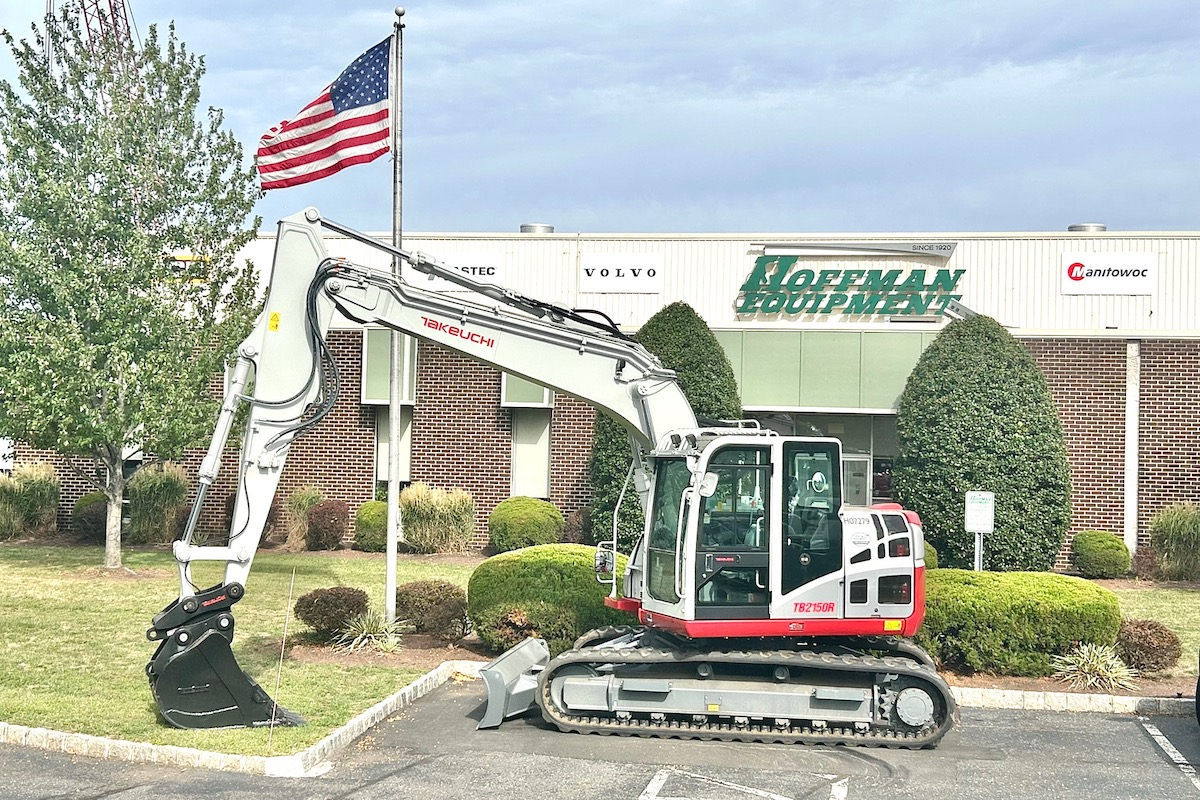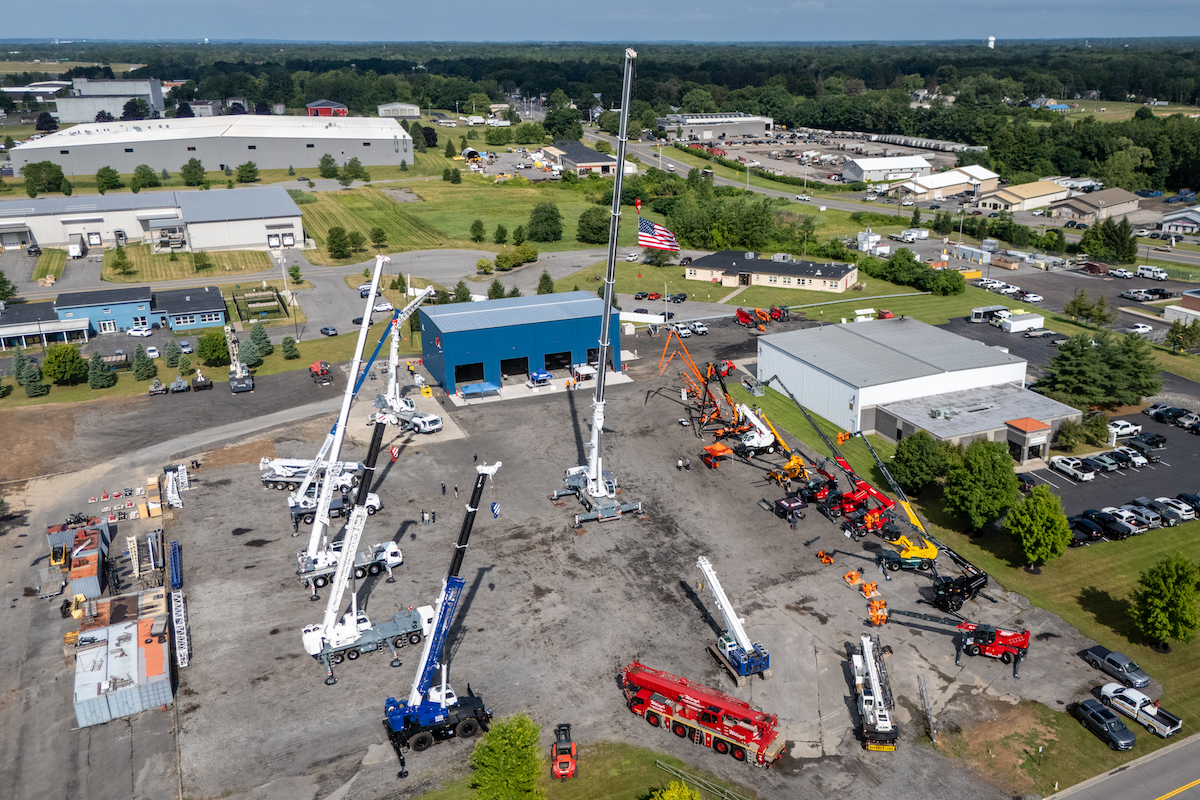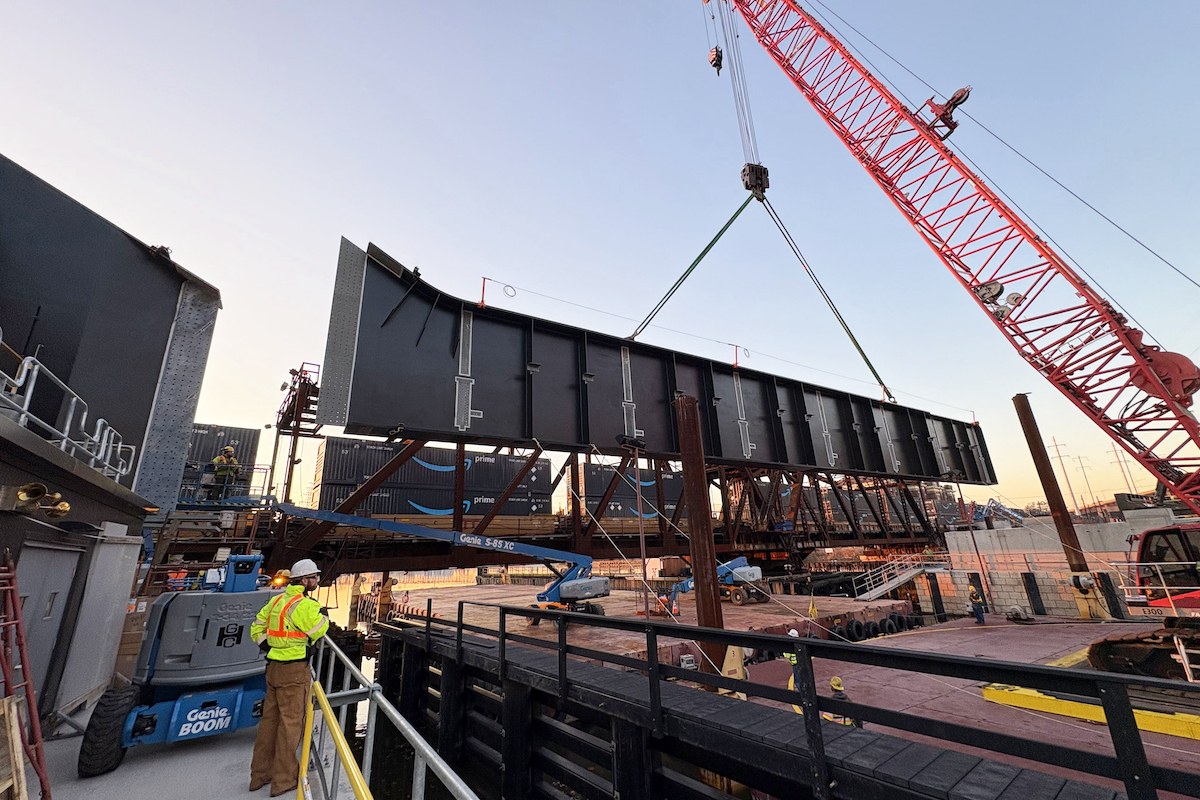When it comes to succession planning in the construction industry, owners often face the challenge of finding a strategy that balances their need for a fair exit value with the desire to maintain the company’s legacy and stability.
One effective solution that has gained popularity in recent years is an employee stock ownership plan (ESOP). Below, we explore why an ESOP can be a particularly good fit as a succession strategy for construction contractors.
An ESOP is a qualified retirement plan that allows employees to become “beneficial” owners of the company through stock ownership. The company sets up a trust fund, into which it contributes new shares of its own stock or cash to buy existing shares. Employees become beneficiaries of the trust and accumulate shares over time, often based on their salary and years of service.
This strategy offers a number of benefits:
Smooth Transition of Ownership
ESOPs provide a structured and gradual transfer of ownership from existing owners to employees. This helps avoid the disruption that can occur with a sudden change in leadership or ownership, ensuring that the company continues to operate smoothly during the transition period.

| Your local Trimble Construction Division dealer |
|---|
| SITECH Allegheny |
| SITECH Northeast |
Company Legacy
For many construction contractors, the business represents a lifetime of hard work, relationships, and community impact. ESOPs help preserve this legacy by transferring ownership to those who understand the company’s culture, values, and operations — the employees. This increases the likelihood that the company will continue to thrive and honor its founder’s vision.
Tax Advantages
ESOPs offer significant tax benefits for both the selling shareholders and the company itself.
For the owners, one structure could allow the owners to sell their shares to an ESOP and defer capital gains tax if the ESOP owns 30 percent or more of the company and the proceeds are reinvested in qualified securities.
For the company, if it is an S Corporation, the portion of income allocated to the ESOP trust is tax-exempt, which can create cash flow for the company to service debt in the early years of the ESOP and provide excess cash thereafter for company initiatives, acquisitions, etc.

| Your local Trimble Construction Division dealer |
|---|
| SITECH Allegheny |
| SITECH Northeast |
Employee Morale and Retention
When employees have a stake in the company’s success, they tend to be more motivated and engaged. The sense of ownership can lead to increased productivity, better job satisfaction, and lower turnover rates — all of which are critical in an industry where skilled labor is highly valuable.
Increased Productivity
Research consistently shows that employee-owned companies experience higher levels of productivity. For contractors, this means that projects are likely to be completed more efficiently and to a higher standard of quality. An engaged workforce with a vested interest in the company’s success often leads to innovative problem-solving and a proactive approach to work, which can drive overall business performance.
Access to Financing
ESOPs can be used to access financing for the company. The ESOP can borrow money to buy the owner’s shares, and the company can then make tax-deductible contributions to the ESOP to repay the loan. This can be a cost-effective way to finance the transition of ownership.
Flexibility in Structuring the Transaction
ESOPs offer flexibility in how the transaction is structured. Owners can sell 100 percent of their shares at the initial transaction or sell shares in stages over time, allowing them to gradually transition out of the business while maintaining some involvement if desired.

| Your local Trimble Construction Division dealer |
|---|
| SITECH Allegheny |
| SITECH Northeast |
While ESOPs offer numerous advantages, it’s important to consider the potential challenges as well.
Cost and Complexity
Setting up and maintaining an ESOP can be complex and costly, involving legal, financial, and administrative expenses. Although the implementation cost may seem high, it is typically less than the investment broker fee in a third-party transaction. The ongoing fees can include annual valuation updates, trustee fees, and third-party administrative fees. Companies need to weigh these costs against the benefits.
Valuation
Determining the fair market value of the company’s shares is a crucial step in establishing an ESOP. With an ESOP, the owners will receive a fair value for their ownership in the company, but it will not be a strategic value. The trustee will engage an independent appraiser to provide a range of values for the negotiation of the purchase price. After the transaction, the company shares are valued each year to establish a per-share price for the shares owned by the beneficial owners (employees) in the ESOP trust.
Regulatory Compliance
ESOPs are subject to rigorous rules and regulations. Since the ESOP is a qualified retirement plan, the company must ensure they comply with Employee Retirement Income Security Act requirements, Department of Labor regulations, and other regulatory standards.

| Your local Trimble Construction Division dealer |
|---|
| SITECH Allegheny |
| SITECH Northeast |
For an owner in a construction company looking for a succession strategy that balances financial considerations with the desire to maintain the company’s legacy, an ESOP can be an excellent option.
An ESOP is not a quick out for the owner to retire immediately. Instead, an ESOP is a way to transfer ownership over time and allow time for the new management group to grow into executive roles of running the company. It offers a structured approach to transferring ownership, significant tax advantages, and the potential to enhance employee morale and retention.
However, it’s essential to carefully consider the costs, complexities, and regulatory requirements involved. Consulting with financial and legal advisors who specialize in ESOPs can help ensure a successful transition and a bright future for the company and its employees.












